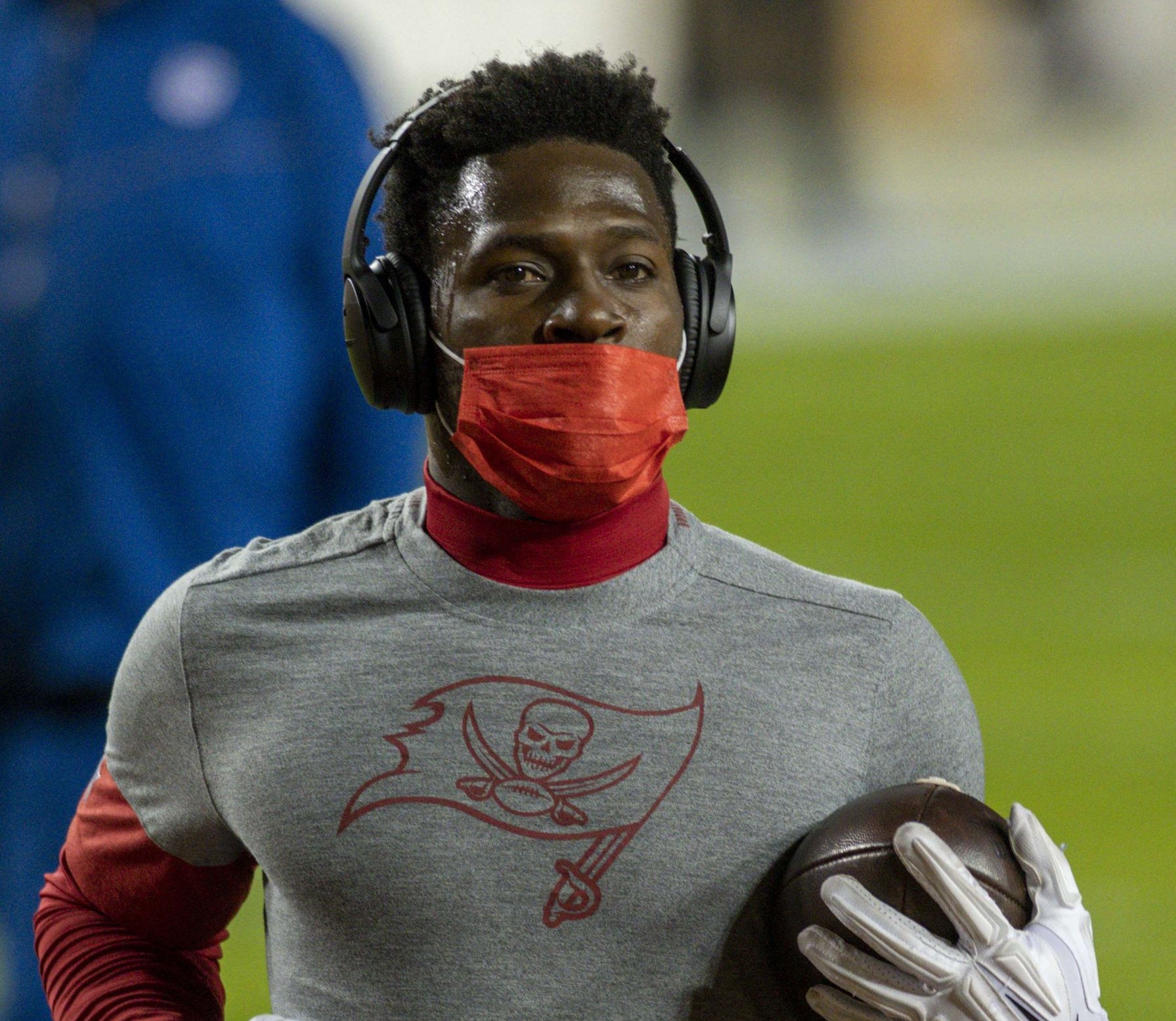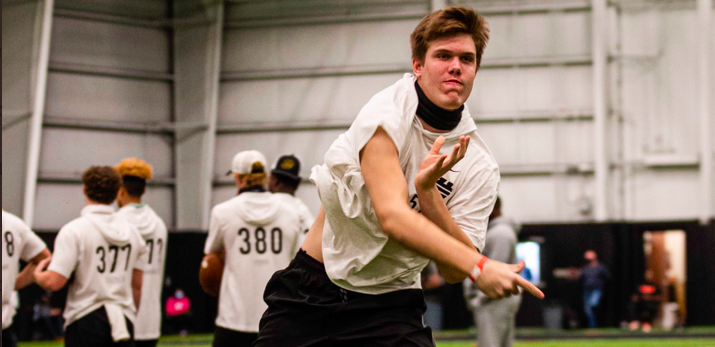The University of Mississippi is stuck in a unique temporal time loop they can't escape where history seems to repeat itself perpetually. The university didn't even phase out Colonel Reb, their Confederate flag toting mascot, fully until 2010 for the more affable Black Bear and they still refer to themselves as Ole Miss. You'd think a school nickname that was associated with a phrase used by slaves to describe the wives of plantation owners would be something they'd want to steer clear of. Alas this is not the case. Aspersions shouldn't be cast about the entire student body, but there's an aura of nostalgia at the University of Mississippi.
Just last year, a large faction of current Ole Miss students were caught screaming racial epithets during a protest on the night of President Obama’s re-election.
Less than a year later, Mississippi is back in the spotlight after student and football players shouted homophobic slurs towards the cast during the theater department's performance of "The Laramie Project," which tells the story of the 1998 murder of gay University of Wyoming student Matthew Shepard. Homophobia isn't just prevalent at the University of Mississippi, but it definitely has a bad look at a school with such a terrible track record of tolerance. The fact that it includes football players in the audience joining in these shenanigans makes it that much worse. Hugh Freeze needs to address this ASAP.
According to the play’s director and theater faculty member Rory Ledbetter, some audience members used derogatory slurs like “***” and heckled both cast members and the characters they were portraying for their body types and sexual orientations. Ledbetter said the audience’s reactions included “borderline hate speech.”
“I am the only gay person on the cast,” junior theater major Garrison Gibbons said. “I played a gay character in the show, and to be ridiculed like that was something that really made me realize that some people at Ole Miss and in Mississippi still can’t accept me for who I am.”



